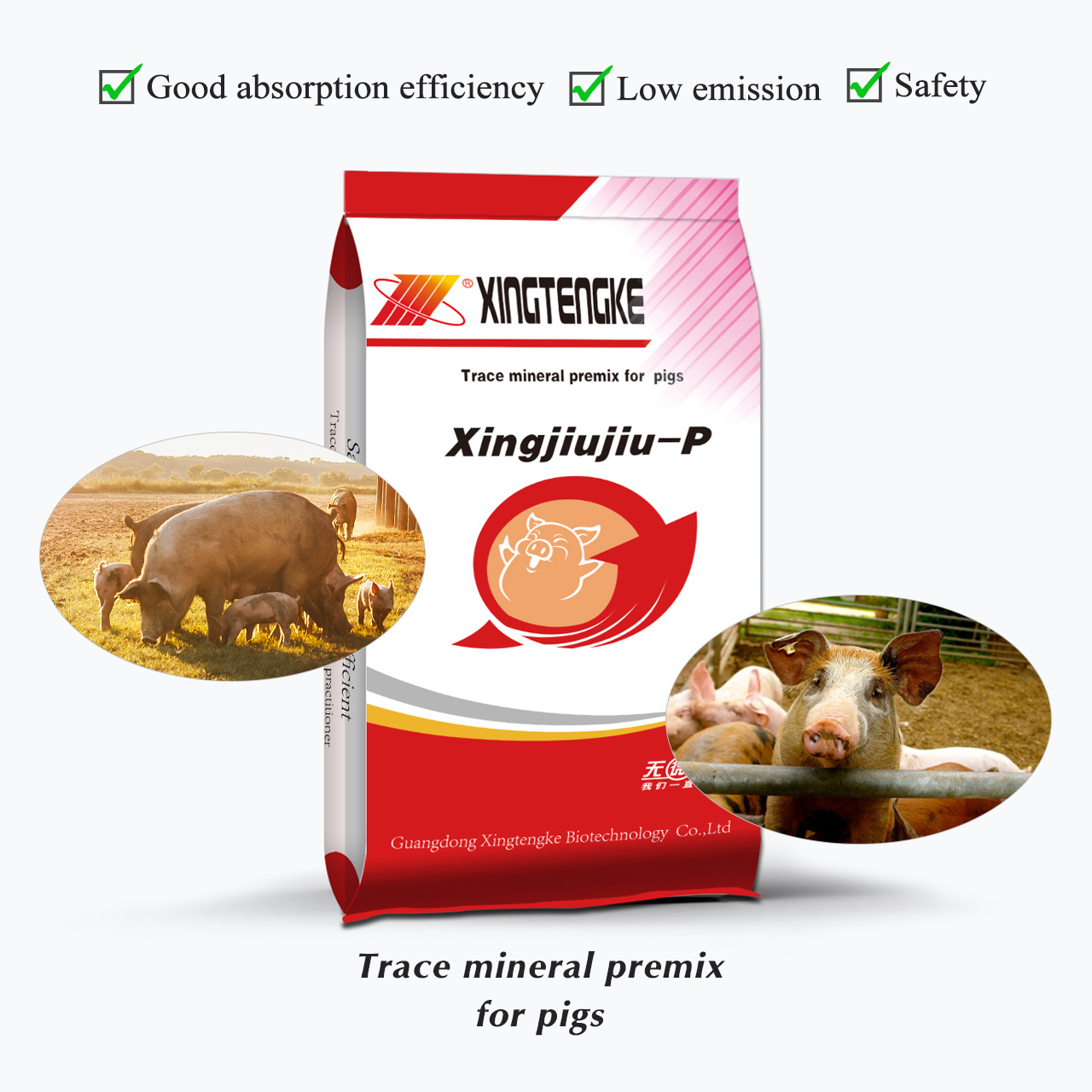The Importance of Organic Trace Minerals in Livestock Nutrition
Release time:
2025-08-18 16:21
Source:
Organic trace minerals are vital components in livestock nutrition that significantly influence the overall health and well-being of animals. Unlike inorganic minerals, organic trace minerals are chelated to organic compounds, making them more bioavailable and easily absorbed by the animal's body. This enhanced absorption rate is particularly important for livestock, as it can lead to improved growth rates, reproductive performance, and overall health.
One of the primary advantages of incorporating organic trace minerals into livestock diets is their role in promoting immune function. Animals that receive adequate levels of trace minerals, such as zinc, manganese, copper, and selenium, tend to have stronger immune responses. This can result in lower incidences of disease and better overall herd health, which is essential for any livestock operation.
Furthermore, organic trace minerals can improve the quality of meat, milk, and eggs produced by livestock. For example, research has shown that the inclusion of organic selenium can lead to higher selenium concentrations in meat and milk, providing additional health benefits to consumers. Additionally, organic minerals can enhance the reproductive performance of livestock. Adequate trace mineral levels are crucial for fertility, as deficiencies can lead to issues such as reduced conception rates and increased embryonic loss.
In terms of sources, organic trace minerals can be derived from various natural ingredients, including yeast, plant extracts, and other organic compounds. These sources not only provide the necessary minerals but also come with additional benefits, such as improved palatability and digestibility of the feed. This can lead to better feed intake and overall nutrient absorption, contributing to enhanced livestock performance.
It is also important to note that while organic trace minerals offer many benefits, they should be incorporated into a balanced diet. A comprehensive nutritional strategy that considers the specific needs of different livestock species is crucial for optimizing health and productivity. Understanding the right levels of trace minerals required for each stage of the animal's life cycle can help in formulating effective feeding programs.
In summary, organic trace minerals are essential in livestock nutrition, providing numerous benefits that can enhance animal health, productivity, and product quality. By ensuring that livestock receive sufficient levels of these nutrients, farmers can improve herd performance and contribute to the sustainable growth of the livestock industry. By investing in organic trace minerals, livestock producers can achieve better health outcomes for their animals and more efficient operations overall.
One of the primary advantages of incorporating organic trace minerals into livestock diets is their role in promoting immune function. Animals that receive adequate levels of trace minerals, such as zinc, manganese, copper, and selenium, tend to have stronger immune responses. This can result in lower incidences of disease and better overall herd health, which is essential for any livestock operation.
Furthermore, organic trace minerals can improve the quality of meat, milk, and eggs produced by livestock. For example, research has shown that the inclusion of organic selenium can lead to higher selenium concentrations in meat and milk, providing additional health benefits to consumers. Additionally, organic minerals can enhance the reproductive performance of livestock. Adequate trace mineral levels are crucial for fertility, as deficiencies can lead to issues such as reduced conception rates and increased embryonic loss.
In terms of sources, organic trace minerals can be derived from various natural ingredients, including yeast, plant extracts, and other organic compounds. These sources not only provide the necessary minerals but also come with additional benefits, such as improved palatability and digestibility of the feed. This can lead to better feed intake and overall nutrient absorption, contributing to enhanced livestock performance.
It is also important to note that while organic trace minerals offer many benefits, they should be incorporated into a balanced diet. A comprehensive nutritional strategy that considers the specific needs of different livestock species is crucial for optimizing health and productivity. Understanding the right levels of trace minerals required for each stage of the animal's life cycle can help in formulating effective feeding programs.
In summary, organic trace minerals are essential in livestock nutrition, providing numerous benefits that can enhance animal health, productivity, and product quality. By ensuring that livestock receive sufficient levels of these nutrients, farmers can improve herd performance and contribute to the sustainable growth of the livestock industry. By investing in organic trace minerals, livestock producers can achieve better health outcomes for their animals and more efficient operations overall.
organic trace minerals for livestock nutrition








